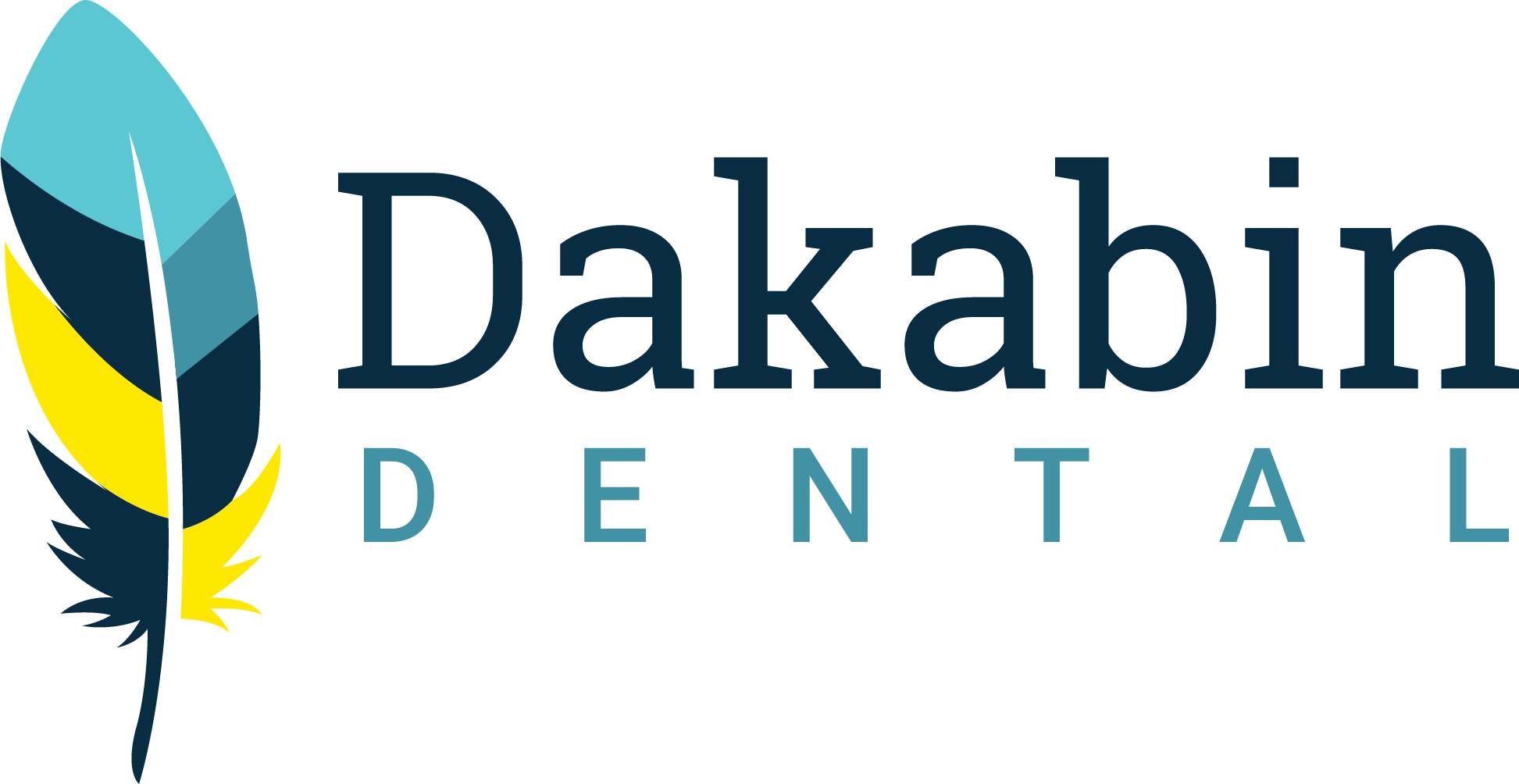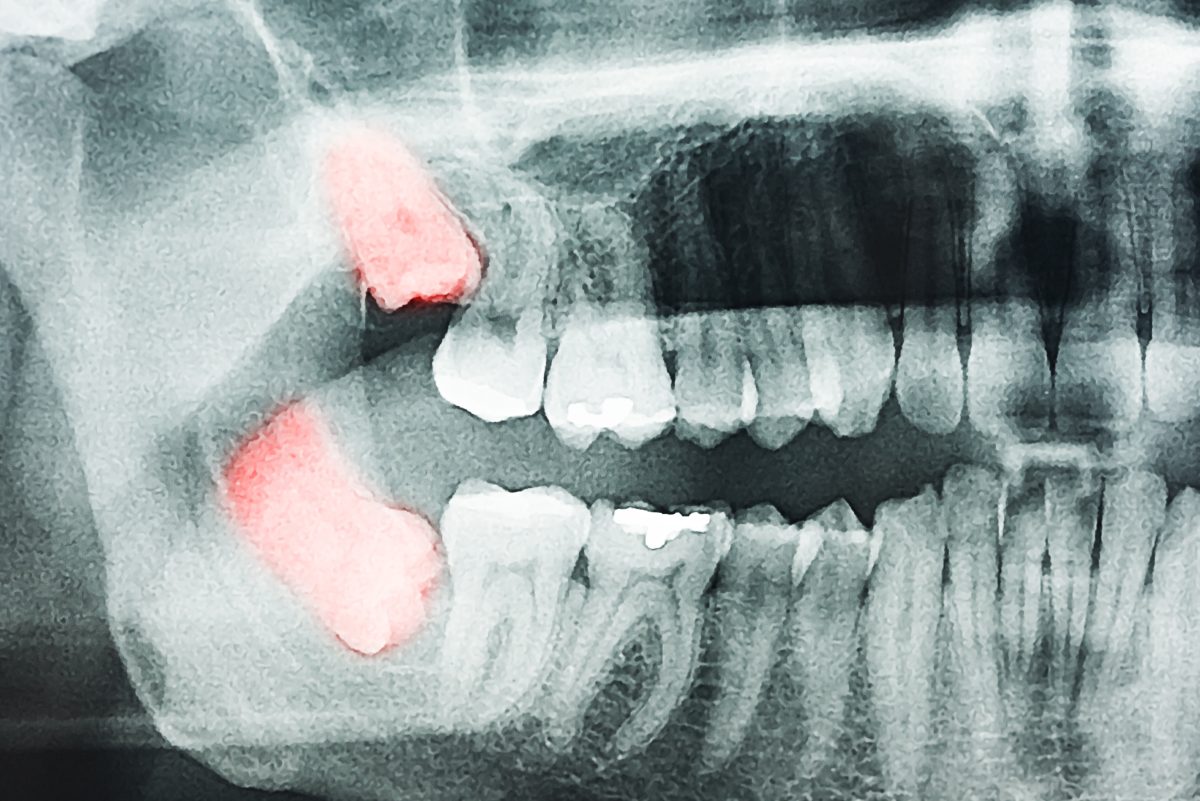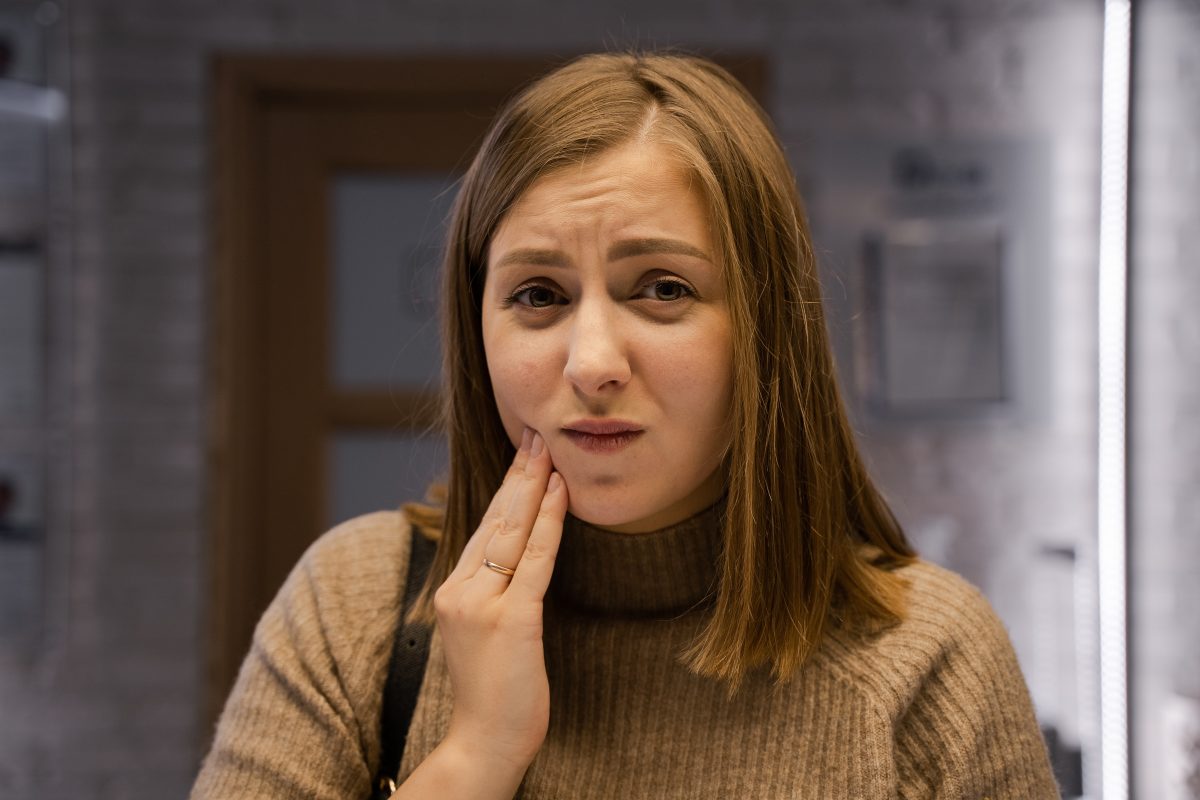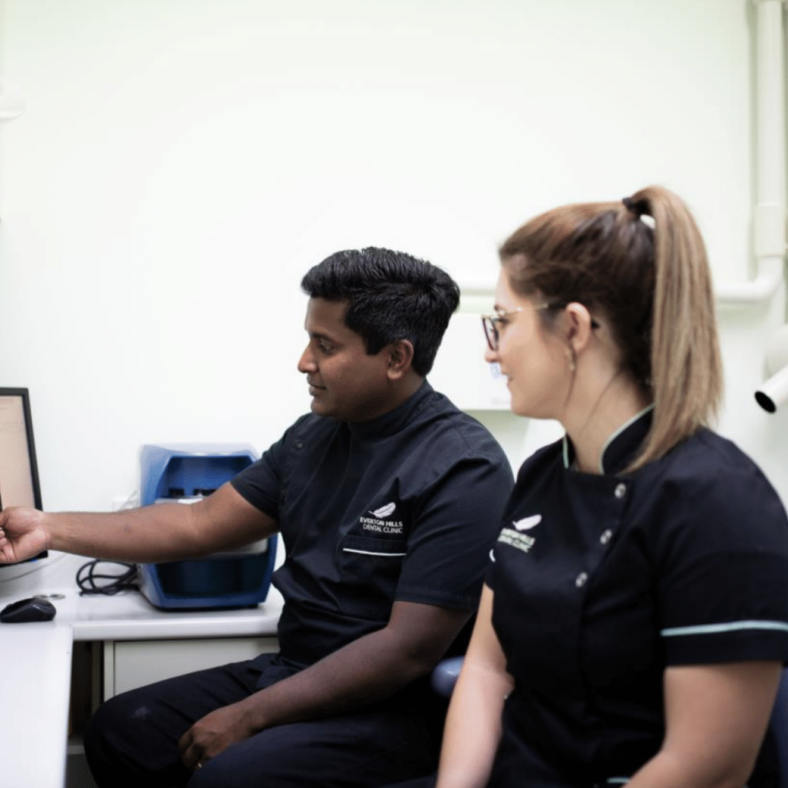As an expecting mother, your focus is understandably on the well-being of both yourself and your growing baby. Amidst all the prenatal care, it’s crucial not to overlook the significance of maintaining good oral health during pregnancy. In this blog, we’ll explore key considerations of dental care during pregnancy and offer essential tips for expecting mothers to ensure optimal dental care.
Hormonal Changes and Oral Health
Pregnancy brings about hormonal fluctuations that can impact oral health. Elevated hormone levels, particularly progesterone, may contribute to an increased risk of gingivitis, characterised by swollen and bleeding gums. To counteract this, diligent oral hygiene practices, including regular brushing and flossing, become even more imperative during pregnancy.
Morning Sickness and Dental Health
For many expectant mothers, morning sickness is a common occurrence during the first trimester. The acidity from stomach contents can erode tooth enamel, leading to increased susceptibility to cavities. Rinsing your mouth with water or fluoride mouthwash after vomiting can help neutralise acid and protect your teeth. It’s also advisable to wait at least 30 minutes before brushing to avoid damaging softened enamel.
Regular Dental Check-ups
Routine dental check-ups are crucial during pregnancy to monitor oral health and promptly address any emerging issues. Inform your dentist about your pregnancy, as certain elective dental procedures may be postponed until after childbirth. However, essential treatments such as cleanings and emergency procedures can be safely performed during pregnancy with proper precautions.
Nutrition for Healthy Teeth and Gums
A balanced diet is integral to both maternal and fetal health. During pregnancy, ensure your diet is rich in essential nutrients like calcium and vitamin D, vital for strong teeth and bones. Incorporating dairy products, leafy greens, and fortified foods can contribute to optimal oral health for both you and your baby.
Dealing with Pregnancy Gingivitis
Pregnancy gingivitis, characterised by redness and swelling of the gums, is a common occurrence. Regular dental cleanings can help manage and prevent gingivitis. If you notice any signs of gum inflammation, such as bleeding during brushing, consult your dentist promptly to address the issue and prevent it from progressing.
Stay Hydrated and Maintain Salivary Flow
Dehydration can exacerbate common pregnancy-related dental issues, such as dry mouth. Drinking plenty of water helps maintain an optimal level of saliva, which plays a crucial role in neutralising acids and preventing tooth decay. Consider carrying a water bottle with you to stay hydrated throughout the day.
Essential Dental Tips for Expecting Mothers
Navigating dental care during pregnancy is a key aspect of maternal well-being. By staying vigilant about oral hygiene, attending regular dental check-ups, and making informed choices regarding nutrition, expecting mothers can contribute significantly to their overall health and that of their unborn child. Dakabin Dental is your partner in maintaining optimal oral health during this crucial time. Our experienced team is here to provide personalised care and address any concerns you may have. Book your dental check-up today, ensuring a healthy and confident smile for both you and your baby.












